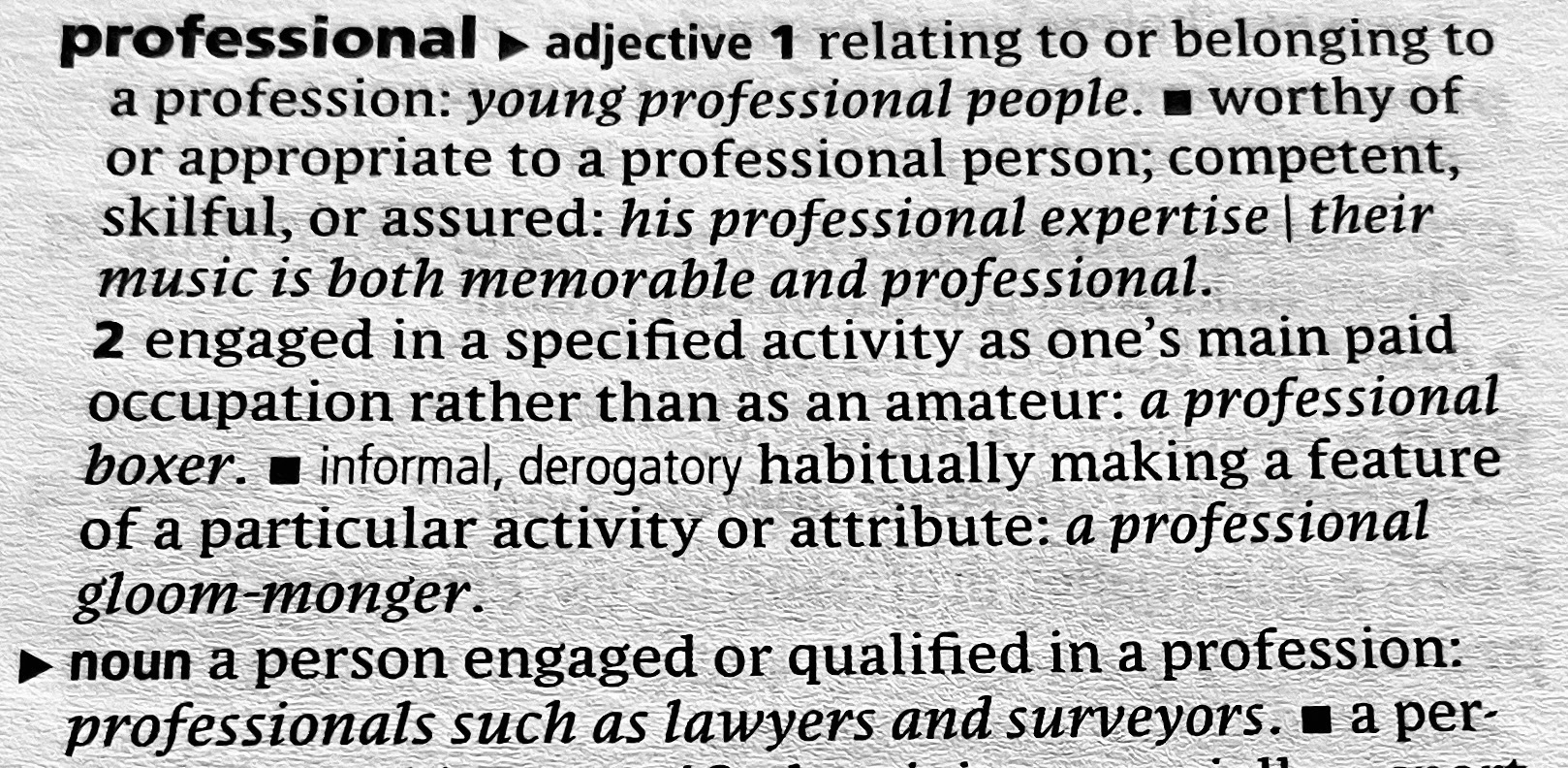Microsoft’s new default font has arrived.
You will notice over the next few months that the default font in your Microsoft apps will change from Calibri to Aptos. If you want to see what Aptos will look like it is already available in Microsoft Word under its original name of Bierstadt – which means beer town. I don’t particularly like Calibri but it is OK. My issue with its deployment in Microsoft’s apps is that the default point size was too small.
